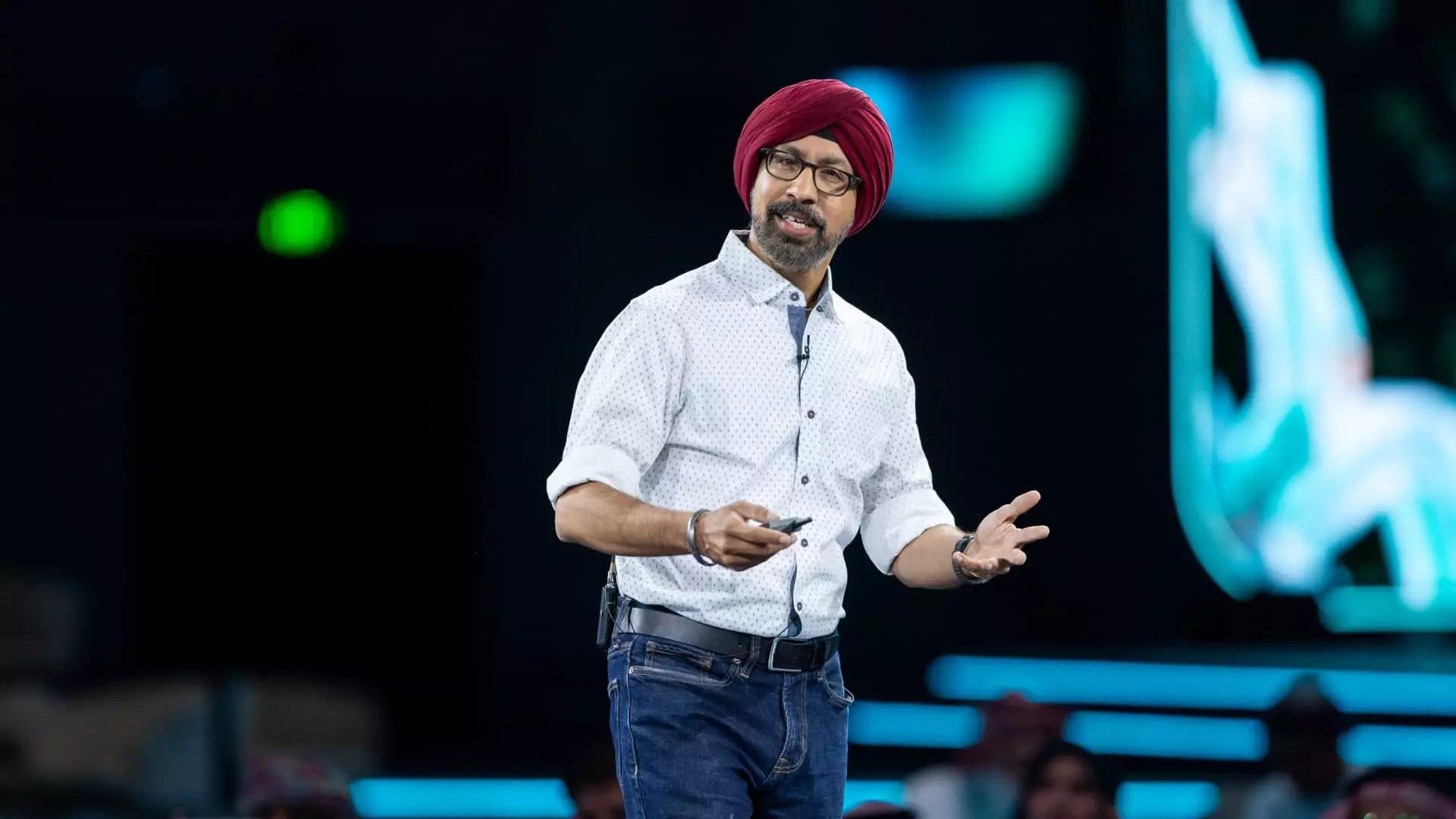The healthcare industry is at a critical juncture, where the integration of artificial intelligence (AI) is becoming essential in addressing inefficiencies, notably in clinical documentation. A prime example of this trend is the latest collaboration between Suki, an innovative healthcare AI startup, and Google Cloud. This partnership signifies a broader initiative to enhance the functionality of Suki’s offerings, particularly moving beyond mere clinical documentation. As healthcare professionals face mounting pressures from administrative tasks, the role of AI in streamlining these processes becomes increasingly relevant.
Initially designed to assist physicians in generating clinical notes effortlessly, Suki’s flagship product, Suki Assistant, has evolved into a versatile tool. According to Punit Soni, the startup’s founder and CEO, the vision for Suki was never limited to a documentation tool; instead, it was intended to serve as an assistant capable of handling a variety of tasks. This evolution highlights a significant shift in how tech startups in the healthcare sector are positioning their products—aiming not only to alleviate administrative burdens but to enrich the physician-patient interaction.
The recent introduction of patient summary and Q&A features marks a pivotal new chapter in Suki’s journey. These enhancements leverage Google Cloud’s Vertex AI platform, allowing for the training and deployment of sophisticated AI models that can analyze and synthesize vast amounts of data efficiently. As a result, Suki can provide healthcare providers with quick access to essential patient information, fundamentally altering the dynamics of patient management.
One of the standout capabilities in Suki’s latest updates is the patient summary feature. This tool is designed to compile crucial patient data—ranging from biographical information to visit history—into a singular, easily accessible format. Physicians can access a patient’s age, chronic conditions, previous prescriptions, and other significant health issues with just a click. The implications for efficiency are profound: clinicians who previously spent upwards of 30 minutes hunting for pertinent information can potentially reclaim that time for direct patient care.
In the age of information overload, simplifying access to vital patient details could play a key role in reducing burnout among healthcare providers, which is a growing concern within the industry. As Soni correctly states, easing the administrative energy expenditures allows clinicians to focus more on the human aspects of healthcare delivery.
The Q&A Functionality: Enhancing Informed Decision Making
Complementing the patient summary feature is Suki’s new Q&A functionality, enabling physicians to pose specific inquiries regarding patient data and receive concise answers rapidly. For example, a doctor could inquire about a patient’s recent A1C levels or vaccination history and receive a visual graph or detailed description in response. This immediate access to tailored information fosters an environment where clinicians can make informed decisions more swiftly than ever before.
This innovative addition highlights the ongoing trend of “AI-ification” within the healthcare sector, as Soni describes it. By equipping doctors with such interactive tools, Suki is not merely providing assistance; it is empowering medical professionals to enhance their practice significantly.
Looking Forward: New Horizons for Suki and Its Clients
Although both the patient summary and Q&A features are currently available only to a select group of clinicians, Suki plans to roll out these tools more broadly by early next year. Notably, the adoption of these advancements will come at no additional cost, which reflects Suki’s commitment to making essential tools accessible to healthcare providers facing unprecedented demands.
As Suki’s clientele has tripled in the past year—serving 350 health systems and clinics across the United States—this partnership with Google Cloud could prove instrumental in distinguishing Suki from its competitors in a fiercely saturated market. Providing solutions that mitigate burnout and enhance productivity is a priority for healthcare executives, and Suki’s innovation positions it favorably within this landscape.
As the healthcare industry grapples with excessive administrative tasks leading to clinician burnout, Suki’s collaboration with Google Cloud represents a proactive step toward remedying these challenges. By transitioning from basic clinical documentation to a more encompassing assistant role, Suki is responding to the evolving needs of healthcare providers. The successful integration of AI in healthcare practices is not just a trend; it may well be the foundation upon which the future of patient care rests.

